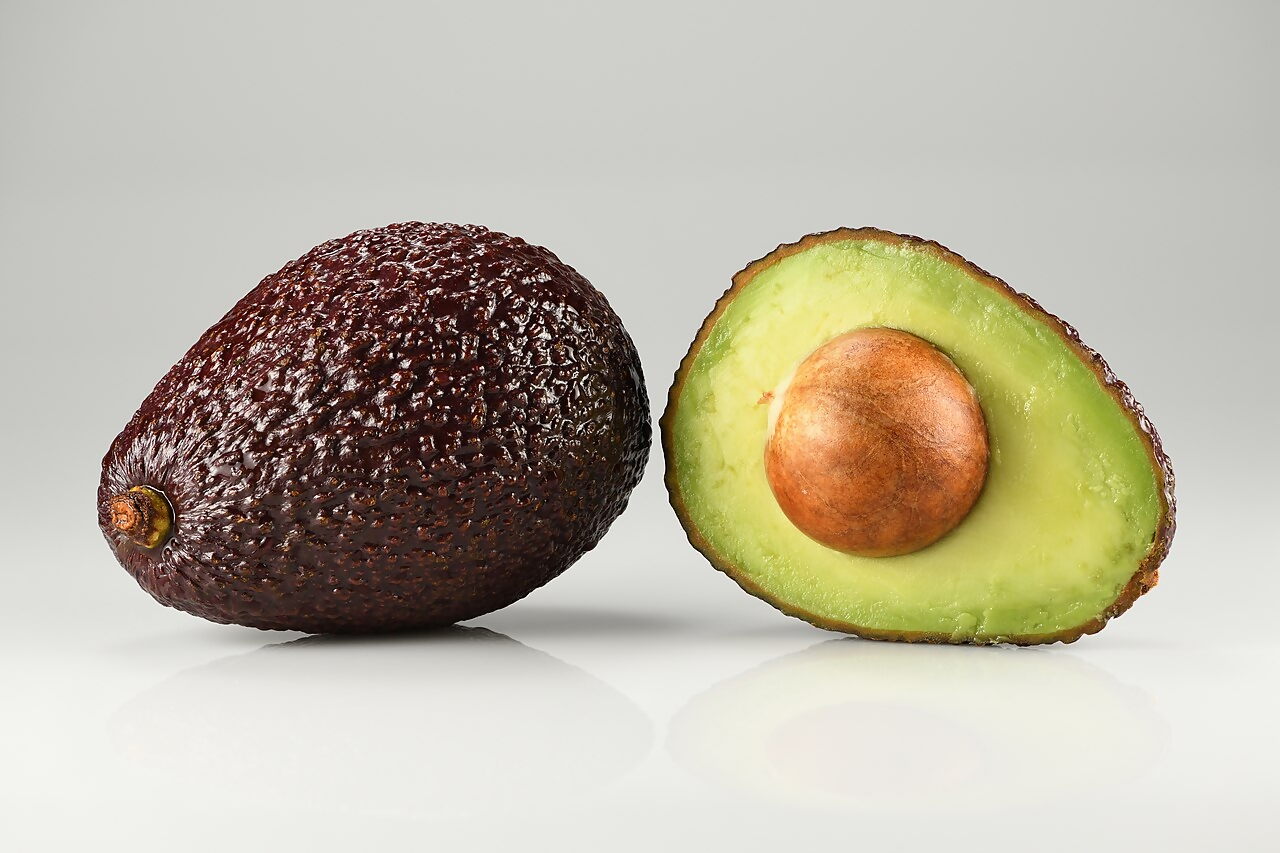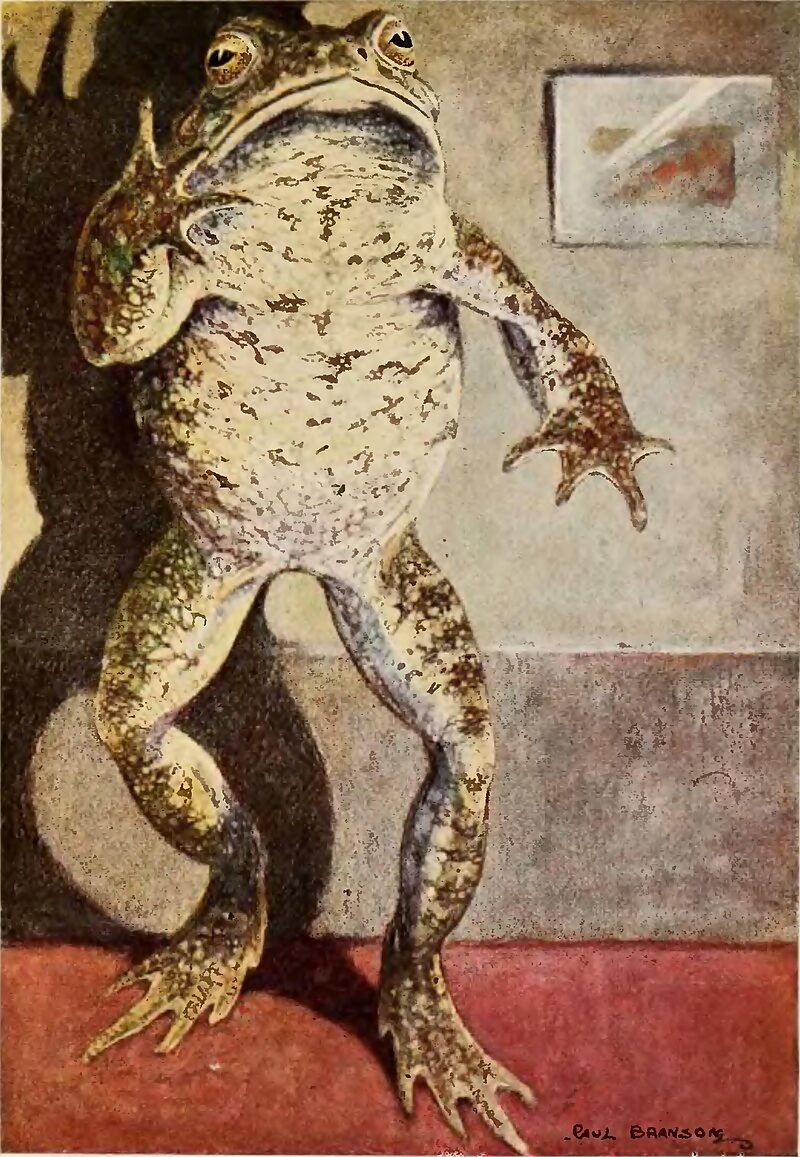
If you fancy a good read to kick off the year, you could do a lot worse than a dictionary. You’d expect any lexicographer to say this, of course. Still, if you suspend a moment’s disbelief and let your eyes wander, you will see that a dictionary’s pages are populated by secret lives and the strangest of journeys. You’ll know some already – the fact that ‘avocado’ began with an Aztec word for ‘testicle’ is now notorious (the clue is in the fruit’s shape; while we’re at it, the ‘orchid’ comes from the Greek for ‘testicle’ too, for the same reason). But there are hundreds more tales and strange adventures in the volumes we now speedily consult online, and I’ve gathered some of my favourites.
went
What could be more prosaic than the past tense of ‘go’? And why is it not ‘go’ed’? It seems we never quite settled on the past form of ‘go’ and so abandoned the question altogether in favour of the past tense of ‘wend’ instead, a fossil verb that survives only in the phrase ‘wend one’s way’.
caterpillar
Humans have had strange ideas about animals over the years. Ostriches were once known as ‘sparrow camels’ because of the bird’s long necks, while giraffes were ‘camelopards’, combining the names of two animals with which English speakers were vaguely familiar. The humble caterpillar clearly also inspired some strange notions, for it took its name from the French chatepelose, ‘hairy cat’.

Testicles/avocadoes. Halved.
invest
Sometimes words wear their hearts on their sleeves. City slickers may don the sharpest of clothes on the trading floor, but in truth, they really are just putting on a vest – the literal meaning, as it happens, of ‘invest’. Granted, these vests could be quite fancy – hence an ‘investiture’ where a person ceremoniously takes on the robes of office – but it’s nice to spot a word whose beginnings are hidden in plain sight. When we invest in anything from finance to success, we are metaphorically putting it on and wearing it close.
flu
‘Flu, all around us at the moment, is, of course, short for ‘influenza’, but did you know that this Italian word means ‘influence’? Calamities on earth were thought for centuries to be caused by the unlucky alignment of the stars, believed to have a direct and often calamitous influence on human affairs.
feisty
Far less lofty is the story of ‘feisty’, which was originally applied to small and yappy lap dogs. This makes some sense until you realize that ‘feist’ itself comes from a verb meaning to ‘fart’. Clearly, these dogs were windy as well as snappy.
toady
We ‘toady’ up to someone by being fawning and sycophantic. You might think the word arose through slimy associations with the amphibian, but its story is far more sinister. In the marketplaces of 16th and 17th-century England, quacks and charlatans would tout their miraculous medicines and potions by performing bizarre acts on stage. One of these entailed having an assistant swallow a toad – thought to be highly poisonous – and then be miraculously ‘cured’ by the quack’s ‘magic’ medicine. Over time, anyone prepared to be at another’s beck and call came to be called a ‘toad-eater’ and, eventually, a ‘toady’.
geek
In much the same way, ‘geeks’ would perform at freak shows and circuses and perform equally gruesome acts, including biting the heads of live chickens or snakes. ‘Geek’ is a twist on an English dialect term ‘geck’, ‘fool’ or ‘simpleton’. The term was harnessed for an obsessive eccentric until the tide turned in the 1980s, and geeks were suddenly and joyfully cool.

A rather sinister impression of Mr Toad, from Kenneth Grahame’s Wind in the Willows. We ‘toady’ up to someone by being sycophantic.
toilet
The word ‘toilet’ comes from toile, French for ‘cloth’, and our English word described various kinds of coverings such as a shawl or veil for the first part of its life. This explains an article written in 1714, which stated that ‘The ordinary citizens, Wives and Daughters wear a kind of toilet on their head’. ‘Toilet’ moved to mean a cloth cover for a lady’s dressing table and then to articles on the table such as those used for hair-brushing and washing. Finally (for now), it settled at the place where such washing and other bodily functions took place.
genuine
The simple story behind ‘genuine’ is that it heralds from the Latin gignere, to ‘beget’, referring to the innate qualities in us at birth. Far more intriguing, however, is the alternative theory that ‘genuine’ began with the Latin genu ‘knee’ – a nod to the Roman tradition of a father formally acknowledging his paternity of a newborn child by placing the baby on his knee.
fascinate
Everything is ‘fascinating’ in these days of linguistic supersizing. You might think again before sprinkling the word quite liberally if you knew that its story may have begun with an amulet in the form of a penis. These talismans, known as fascina, would hang from doorways, trees, and even the necks of cattle. Their phallic shape, conveying the virility of an erect penis, was designed to divert the gaze of the evil eye. When ‘fascinate’ first arrived in English in the early 1600s, it meant to bewitch them so entirely that they fell completely under a spell.



1 Comment
This adds a new dimension to the fact that ladies go to the races, especially Ascot, wearing a FACINATER on their heads!!!!